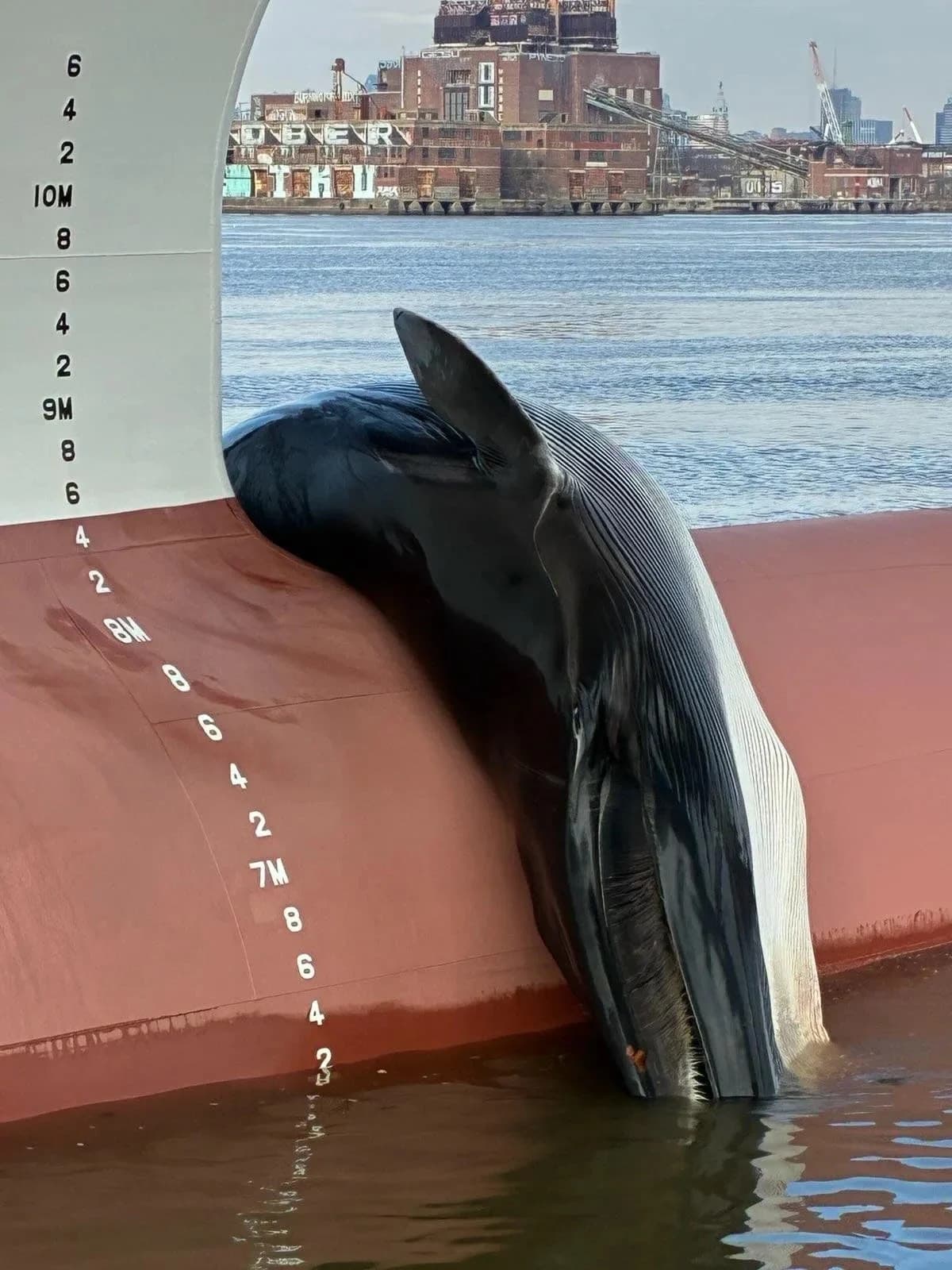After five years underground, a two-ton skull from a 65-foot blue whale stranded in Parbean Cove in 2020 has been excavated at the University of Exeter’s Cornwall campus in Penryn. The skull was buried to allow natural cleaning of the bones ahead of study and public display. A careful, 10-hour recovery used an industrial vacuum and precise lifting to avoid damage. Professor Robbie McDonald said the specimen will aid research and serve as a lasting reminder to improve marine environments.
Two-Ton Blue Whale Skull Unearthed in Cornwall — a ‘Gargantuan’ Reminder to Protect Our Seas
Cornwall, long famed for its surf breaks from Fistral to Towan and the bustling town of Newquay, was the scene of an unusual discovery beneath the ground rather than on the waves. After five years underground, a two-ton skull from a 65-foot blue whale was carefully excavated from the University of Exeter’s Cornwall campus in Penryn.
The whale became stranded in Parbean Cove at the mouth of the Helford River in 2020. Despite local efforts to rescue it, the animal did not survive. Scientists decided to inter the skull on campus to allow natural decay and cleaning of the bones, preserving part of the animal for study and as a memorial.
The disinterment was a complex, 10-hour operation. Teams used an industrial vacuum to remove soil gently from around the bones to avoid damage, then coordinated a precise lift to extract the massive skull intact. The specimen’s size and fragility made the procedure demanding and carefully planned.
Professor Robbie McDonald of the University of Exeter’s Ecology and Conservation department called the recovered skull a “gargantuan reminder of what we can do to improve the marine environment.” He said researchers hope the specimen will yield useful information about the whale’s life and the health of the waters it inhabited.
Scientists will study the skull and surrounding remains to learn more about the animal’s age, health and possible exposure to pollutants, and to prepare the skeleton for research and eventual public display as a memorial. Beyond its scientific value, the excavation has drawn attention to marine conservation and the importance of protecting ocean habitats.
The successful recovery underscores how careful planning and specialised equipment can preserve large marine specimens for scientific study and public education — turning a single tragic stranding into an opportunity to learn and to inspire action for healthier seas.
Help us improve.




























